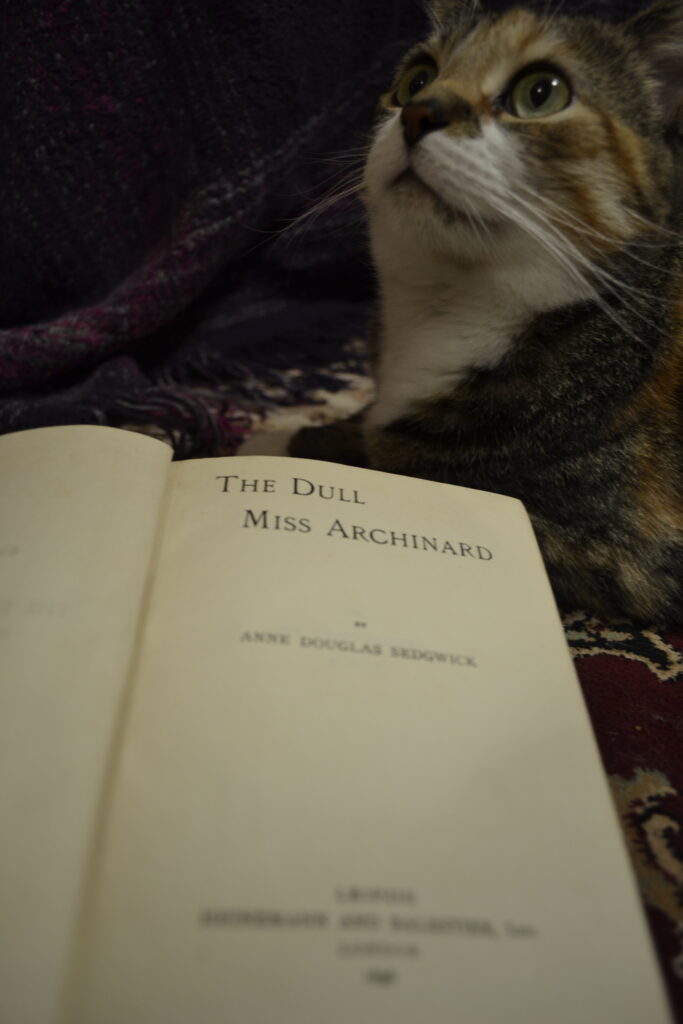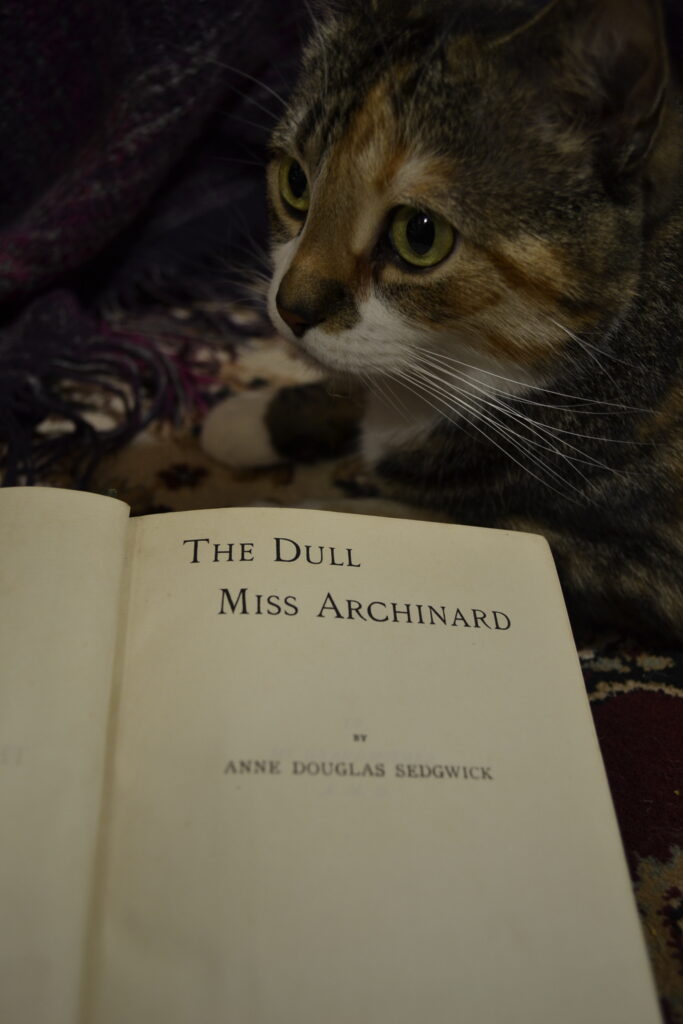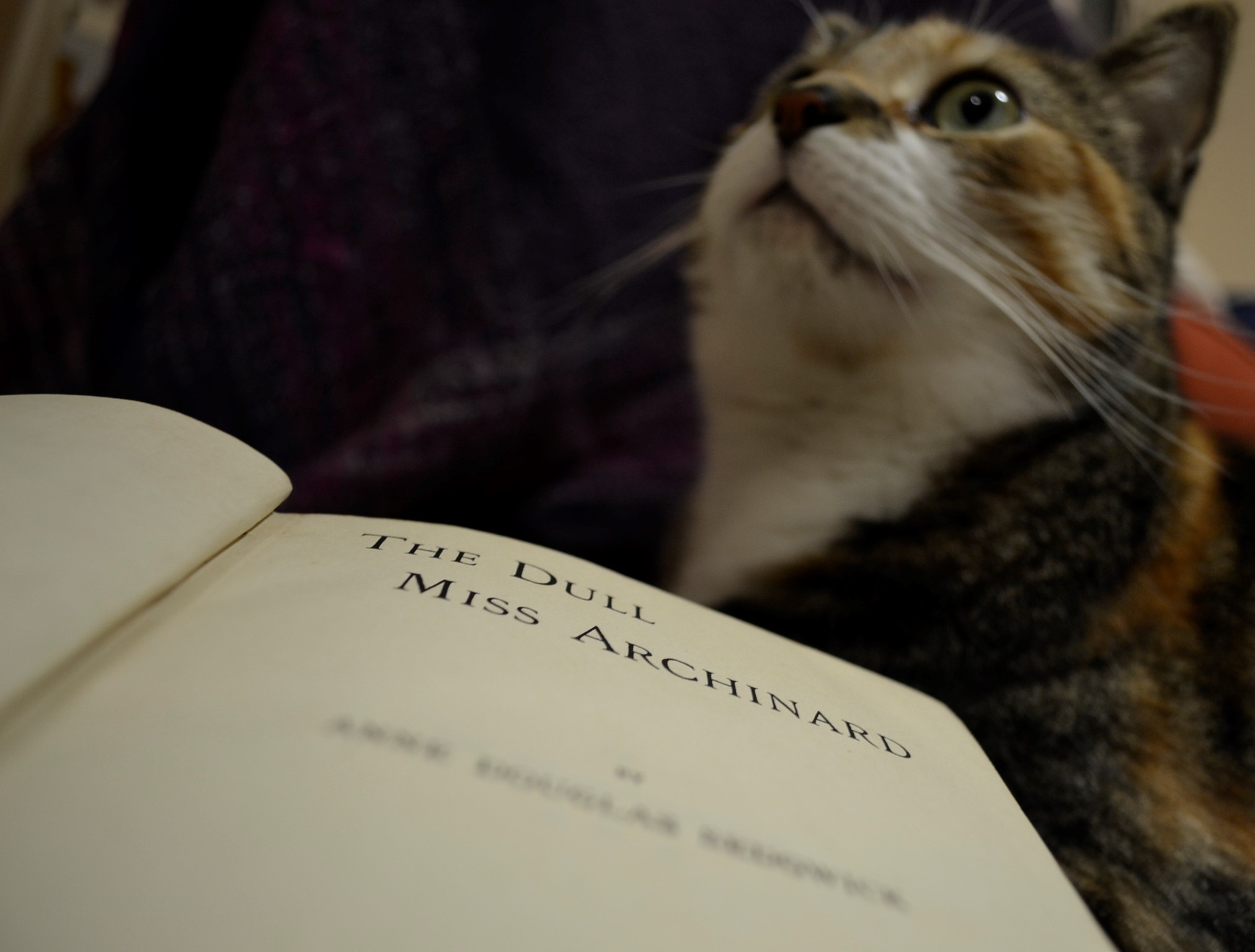Long Cold Days Inside
When the weather gets cold and dreary, sometimes it’s hard for me to forget the days before I was lucky enough to have a movie channel. Film is a medium that I haven’t studied extensively, but that I love all the same. A good movie has the same ability as a good book in the sense that it can take the viewer out of themselves and into the story. It can make one laugh and cry and most importantly think about perspectives, ideas, events, and concepts that we haven’t come across before.
And like some books, some movies are just a really good, albeit cheesy and melodramatic, yarn. I particularly have a fondness for the melodramas of the thirties and forties in all of their overwrought glory. The plot twists, the acting, the often laughable dialogue. It’s on Turner Classic Movies that I’ve seen some of my favourites for the first time – including The Old Maid, Mildred Pierce, and The Sign of the Ram. (As a note, the latter two exist on the boundary with film noir.)

Melodrama might not be exactly high art, but it does serve a purpose. It entertains and it can surprise. As in film, so in literature. Books of this persuasion may not exactly be a scholar’s dream, but they can help pass a dull January afternoon.
Before There Were Soap Operas
The Dull Miss Archinard is a novel I would definitely label as being of the melodramatic variety. Sedgwick weaves a tale of overwrought romance full of twists, turns, horrible people, and clichés. I may add that by clichés, I mean Victorian clichés specifically.
Peter Odd rescues a small girl from drowning and years later finds her once again. They are both changed and misunderstand one another, which leads to the melodrama that forms the novel. Soap operas were an invention of radio, but that doesn’t mean that in the days before radio that brand of content didn’t exist. It made its appearance in this form as a book that could be easily and quickly read before moving on to the next one in at your closest circulating library.

The Value of a Melodramatic Yarn
I love literature, which means that I love stories of almost all kinds. An entertaining melodramatic yarn does have a value. A value that is measured in the time spent rapidly reading the book and then putting it on the shelf. There is something to be said for studying trends in the genre and in popular reading at the time of publication, but — by and large — individual books of this variety don’t offer much in the way of in-depth study.
When I feel like reading without too much analysis, or as a break from heavier subject matter or more intricate text, I often reach for a short novel like this one. I make a point of not reading complete summaries because I take the opportunity to be surprised at the ending or progression of the drama. The thing about reading well-known or often studied classics is that sometimes you already know the beginning, middle, end, and detailed excerpts of it before you’ve gotten to the first page.

The Sands of Time
I make a point of not reading the summaries, but in reality I couldn’t read one if I wanted to usually. Books like The Dull Miss Archinard are mostly lost to the sands of time, replaced by other melodramas, and blending in with many of its ilk from the same time. This particular book I found in a bargain bin in a used bookstore and, when I went to research it, found very little information on it and only about three paragraphs of information on the author. Sedgwick may have written twenty or so books, but she’s been lost to time.

Melodramas mostly do end up lost in the sands of time, but there is a silver lining in the sense that they can be often discovered in used bookstores on forgotten shelves. If nothing else, they provide a bit of mystery and an afternoon’s entertainment to the antiquarian book hunter.
Looking Forward
The weather outside is finally turning from cold and damp to just cold, and I’m looking forward to more snow and more time reading in front of the fireplace channel.

With this post ends January’s New Year, Old Books theme for Old Paper & Cats. Next month is Black History Month and therefore I’m reviewing books by Black authors starting with Langston Hughes’ Not Without Laughter.
